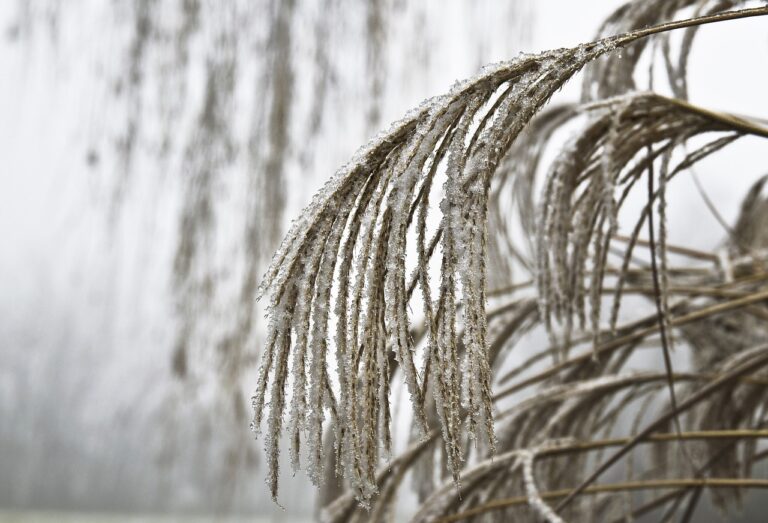Ramadan is a time when we reflect on the important things that matter. While seeing مسلسلات تركية is not what everybody will consider as a mode of reflection, there are insights to be obtained from spending a few hours in front of the small screen during the holy month. The most apparent is that the existing crop of dramas is becoming increasingly stale. With couple of exceptions, the complex morality tales that for a very long time were a trademark of the Ramadan drama, are being changed by cheap thrills.
Limitless examples of art work reveal how Arab regimes tame art– particularly television drama– and turn it into a tool for transmitting political messages, mass mobilization, or venting social repression. This technique started years back and continues to this day. To put it simply, embracing the political visions and thoughts of the Arab regimes and dominating them at the expense of drama’s visual values and describing it as “commitment” is one factor behind Arab drama’ regression. It is not the other way around. Nowadays such a trick is obsolete for an audience that enjoys having modern-day communications and social networks.
History did not alter in between the two TV series. What changed was the political relationship between the two programs. In both cases, the political stance required drama to reflect the nature of those relations. By that, drama was a practical tool to reveal the general political state of mind of this or that routine. This is how Arab regimes understand “dedication”! In the light of this understanding, the appeals directed to Arab drama makers should be translated similarly. They disappear than demands to produce drama that embraces the prevailing political routines’ visions, specifically after the “Arab Spring” transformations. To put it simply, drama was become political orientation lectures played by actors to enter every home. Such a function was better than asking the ruling party’s band secretaries to offer dull speeches to their couple of supporters.
The season demonstrated that the liberties won in the Arab world – and specifically Egypt, house to MENA’s most significant show business – in the immediate aftermath of the 2011 uprisings are now nothing but a remote memory. Federal governments have extended their control over the material of popular programs, as coverage of the area’s everyday realities has actually become taboo, alongside the long-established trinity of sex, religious beliefs and political dissent.
All of these funnies suffered one significant problem – a lack of humour. Unlike 100 Faces, they had no sophistication, chemistry in between performers, engaging storytelling, and, many essential of all, substance. The laughs were forced, the writing lazy, and the characterisation as thin as a razor blade.
If you’ve never ever heard of “kids of the moon,” then this stunning and touching movie will teach you whatever you need to know. While afflicted with a rare illness that causes serious illness upon direct exposure to sunshine, 3 Tunisian ladies discover to navigate life and live it to the maximum. In spite of their condition, the ladies defy all limitations and expectations while chasing their dreams.
If you’ve never ever heard of “kids of the moon,” then this gorgeous and touching movie will teach you whatever you require to know. While afflicted with an uncommon disease that triggers severe disease upon direct exposure to sunlight, three Tunisian women find out to navigate life and live it to the max. In spite of their condition, the ladies defy all limitations and expectations while chasing their dreams.
Subscribe to Updates
Get the latest creative news from FooBar about art, design and business.
Previous ArticleThe Ultimate Secret Of Gold Coast Clear
